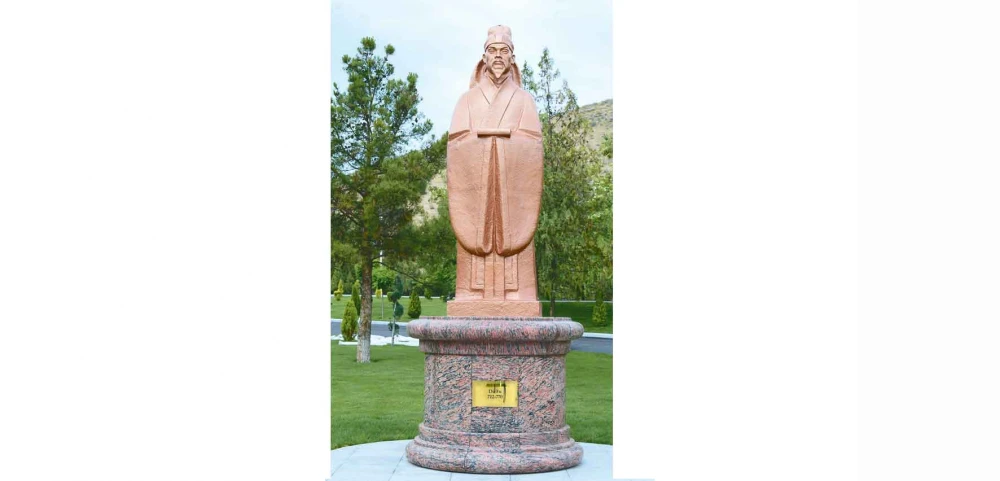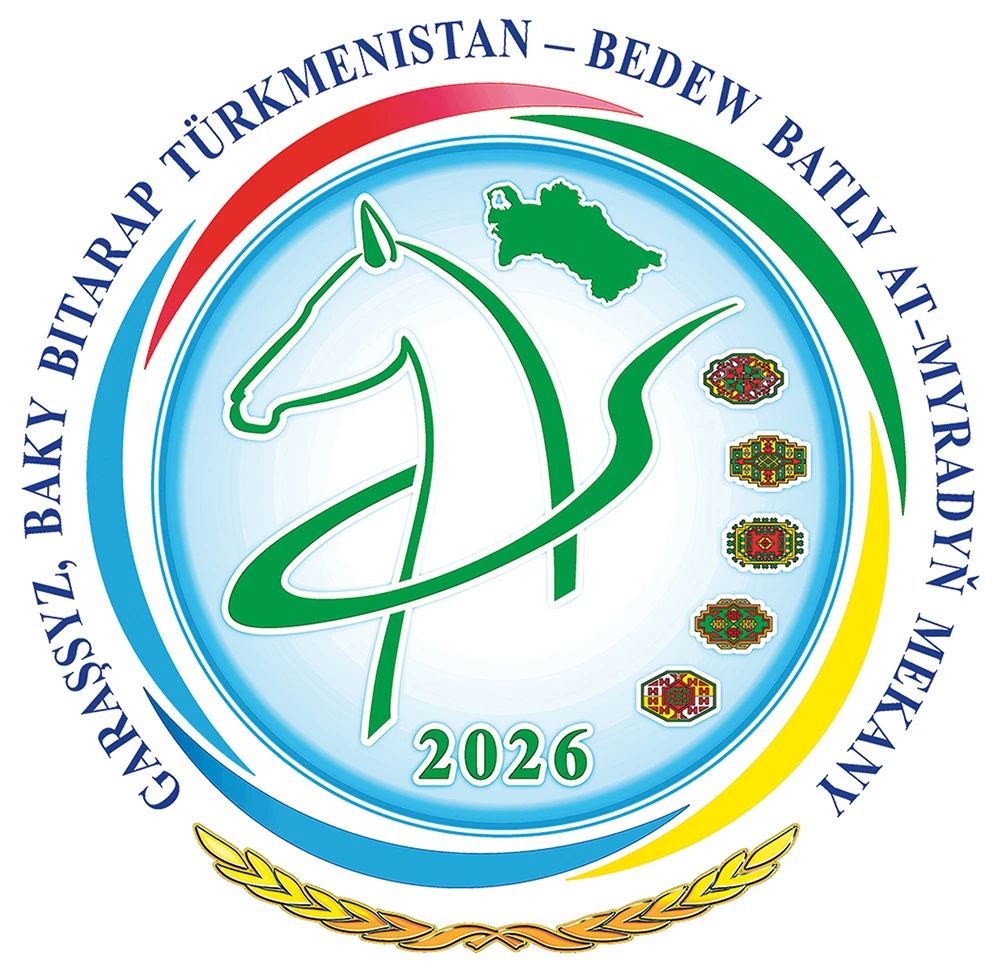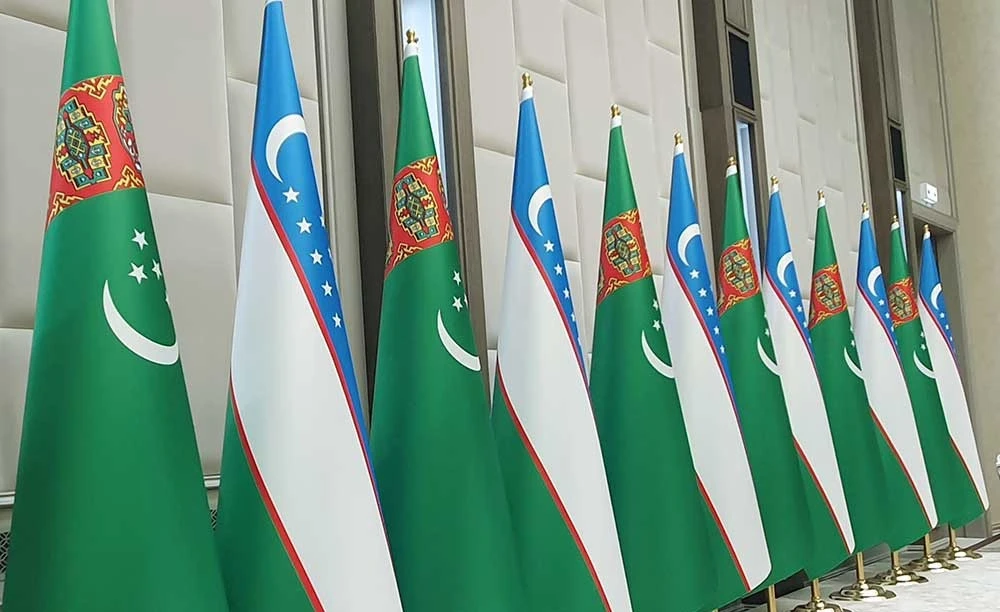
15/06/2024
1212
Du Fu
Also known as Tu Fu, Du Fu, together with Li Po, is considered to be one of China’s greatest poets of the Tang dynasty. Du Fu was born to a minor scholar-official in Henan Province. His mother died while he was young, and his aunt helped to raise him. Though he studied for the civil service exam to become a civil servant like his father, Du Fu failed to pass and spent many years traveling. His early poems thread together incidents from his travels and personal accounts of the hardships he endured; he also wrote poems to or about Li Po.
Du Fu petitioned the government for an official position and was appointed as registrar in the crown prince’s palace, though the An Lushan Rebellion of 755 prevented him from occupying the post. The rebellion, which lasted for nearly eight years, severely disrupted Chinese society. In these years, Du Fu led an itinerant life, writing poetry about the events he witnessed and endured – famine, political unrest, and personal tragedy.
Though he eventually took up the post of registrar, Du Fu is thought to have caused trouble by being overly conscientious and was eventually demoted. He eventually moved to Sichuan, where he lived in a cottage and wrote many poems describing his relatively happy life. His last years were spent moving from place to place, including a two-year period at Kuizhou, where he won over the support of the governor of the region and wrote many poems in his dense, late style. Du Fu and his family began traveling again in 768. He died in Hunan Province and left behind his wife and two remaining sons.
Du Fu is often described as a poet-historian, and his works convey the emotional impact of political and social issues and register a range of private concerns, trials, and dramas. His poems are remarkable for their range of moods, as well as contents. According to one of his translators, David Hinton, “he [Du Fu] explored the full range of experience, and from this abundance shaped the monumental proportions of being merely human.”
Didar ISLAMOV,
the 4th year student of the faculty of International Journalism of the
Institute of International Relations of the
Ministry of Foreign Affairs of Turkmenistan.


